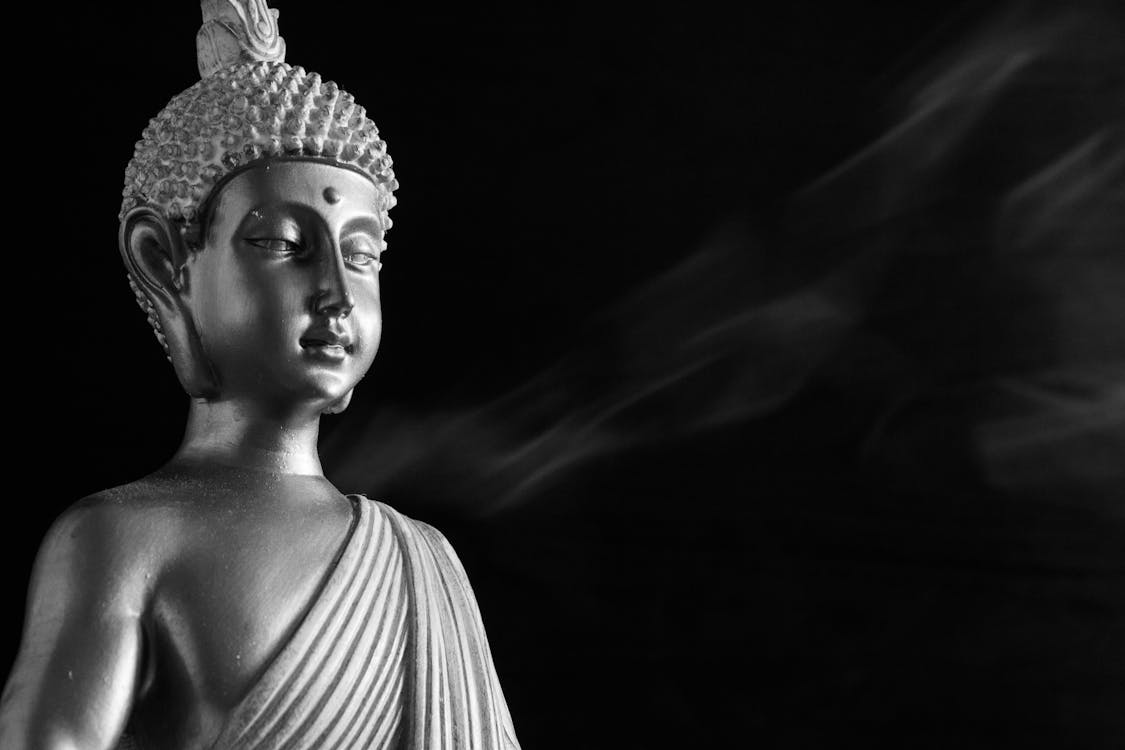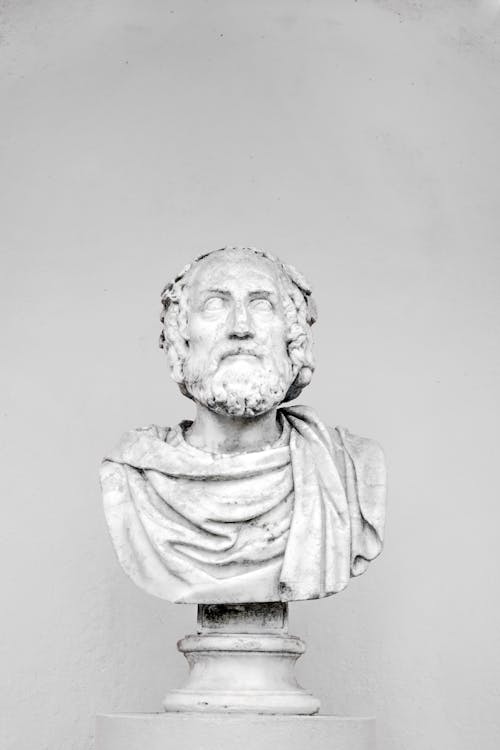Exploring the Philosophy of Time: Eastern and Western Perspectives
Time is a fundamental aspect of human existence, shaping our perceptions, experiences, and understanding of reality. Across cultures and traditions, philosophers have grappled with the nature of time, offering diverse perspectives that reflect both Eastern and Western thought. In this article, we delve into the philosophy of time, exploring key concepts and insights from Eastern and Western traditions.

Understanding the Nature of Time
Time is a complex and multifaceted concept that defies easy definition. While it is often conceived as a linear progression of past, present, and future, the nature of time remains elusive, inviting contemplation and philosophical inquiry. From ancient civilizations to modern thinkers, philosophers have pondered questions about the nature of time, its relationship to reality, and its implications for human existence.
Eastern Perspectives on Time

In Eastern philosophical traditions, such as Hinduism, Buddhism, and Taoism, time is often perceived as cyclical rather than linear. Concepts like karma and reincarnation suggest a recurring pattern of existence, where time is seen as an eternal and ever-flowing river. Eastern philosophies emphasize the impermanence of all things and the interconnectedness of past, present, and future, inviting practitioners to cultivate mindfulness and live in harmony with the rhythms of nature.
Western Perspectives on Time

In Western philosophy, time has been a subject of inquiry since ancient times, with thinkers like Plato and Aristotle offering influential perspectives on its nature and significance. In medieval philosophy, thinkers like St. Augustine and St. Thomas Aquinas grappled with questions about the relationship between time and eternity, drawing on Christian theology to explore the nature of God's existence outside of time. In modern times, philosophers like Immanuel Kant and Henri Bergson have further expanded our understanding of time, exploring concepts like subjective experience and the perception of duration.
Synthesis of Perspectives
While Eastern and Western philosophies may approach the concept of time from different angles, there are also areas of convergence and overlap. Both traditions recognize the importance of present-moment awareness and the interconnectedness of all phenomena. Moreover, contemporary physicists and philosophers have drawn on insights from both Eastern and Western thought to explore cutting-edge theories about the nature of time, including concepts like relativity, quantum mechanics, and the "block universe" hypothesis.

In conclusion, the philosophy of time offers a rich tapestry of ideas and insights that span cultures, traditions, and disciplines. Whether contemplating the cyclical nature of existence in Eastern traditions or exploring the linear progression of time in Western thought, philosophers invite us to ponder the mysteries of time and its profound implications for human consciousness and existence. By embracing diverse perspectives and engaging in philosophical inquiry, we can deepen our understanding of time and its role in shaping the human experience.

 Cricket Score Counter
Cricket Score Counter Heads or Tails
Heads or Tails
You have not logged in, please Login to comment.